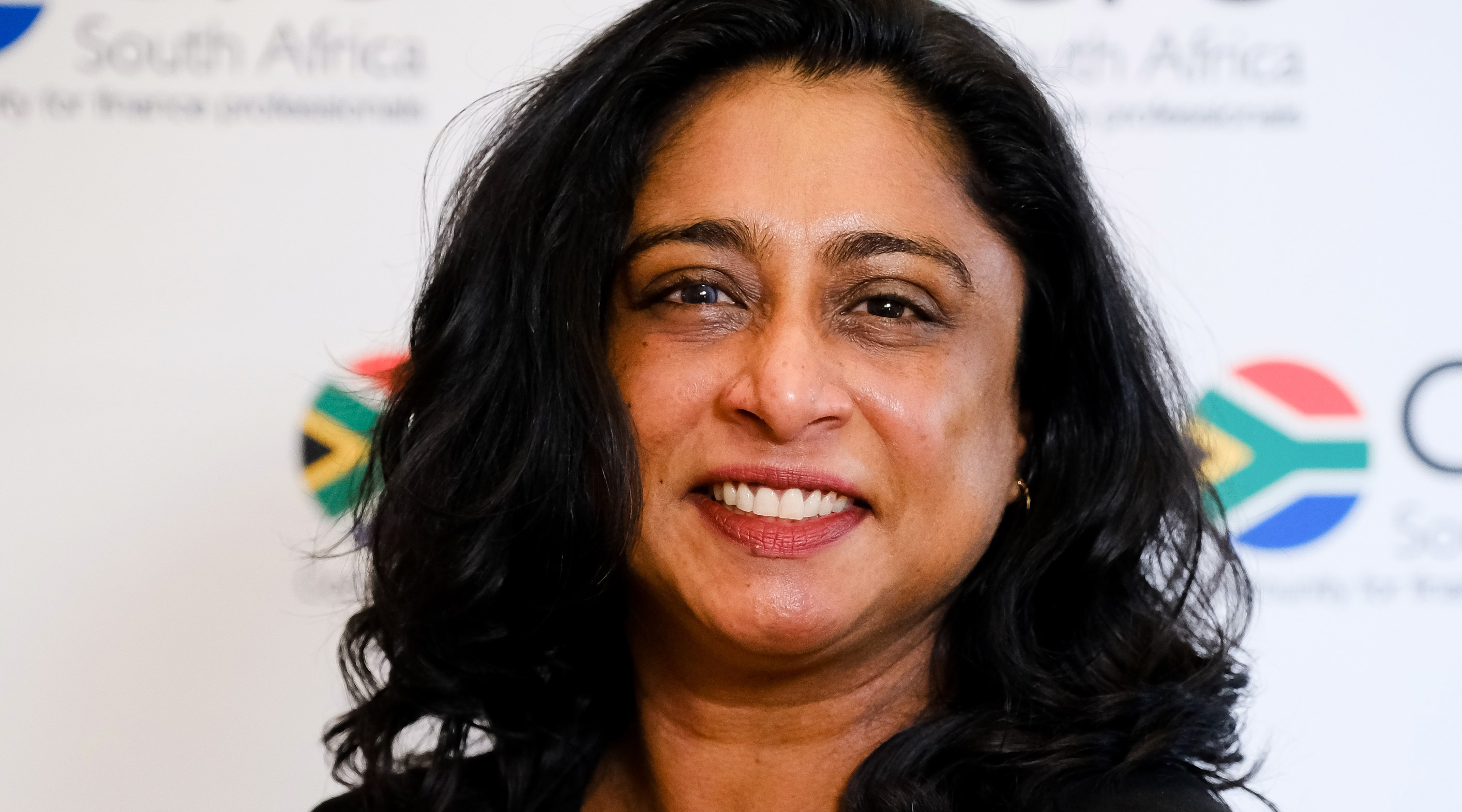Panellists discussed how CFOs need to leverage technology to future-proof the finance function.
Accounting professionals can position themselves to proactively respond to disruption brought about by technology and pivot their roles into chief value officers. This was the key message at the CFO webinar, Future-proofed finance: Is the accounting profession ready for disruption?, which was sponsored by SAIPA.
Professor Rashied Small, Centre of Future Excellence executive at SAIPA and Faith Ngwenya, technical and standards executive at SAIPA frankly discussed how professional accountants can leverage the power of big data, data analytics and AI to become the trusted business advisors of the future.
Faith kicked off the session by inquiring into the role of financial officers, who were traditionally the preparers and the users of information, and are now having to be equipped for dynamic change.
Rashied explained that in a disruptive world where uncertainty is more uncertain, finance professionals are undergoing a paradigm shift.
“I call it a schizophrenic Rubicon. We are no longer producing information and focusing on compliance alone, but rather using information for decision-making to satisfy the demands of new millennium investors, who may be looking for instant gratification, and C-suite executives, who are looking for budgetary and strategic positioning,” he said.
He added that although accountants compile and provide financial statements, shareholders want more than just the numbers.
“AI, robotics and tech will give us information. Research has proven that we are generating information 40 times more than what we did a year ago, while accessing and reading the information is even less than it used to be. AI places us in position to understand the story behind the number and use that information to assist clients and stakeholders navigate the environment. Shareholders don’t want to know about the number in the sales line item, but why the number is what it is,” he said.
Innovation and creativity
According to Faith, it is not only financial officers who need to reinvent themselves.
“It applies to society too and extends to shareholders, and the type of discussions at boardrooms and AGMs are totally different discussions. Shareholders can now get financial statements at any point in the year, at the touch of a button. This places significant pressure on the profession and businesses,” she said.
Rashied concurred and recalled his recent experience at a shareholder meeting in Europe, where the average age was below 40 years.
“The questions are now being asked about what the business is doing for the environment, about climate change. So, if financial statements can be produced on a daily basis thanks to technology, the finance professional’s role is about enhancing competitiveness and decision-making,” he added.
This means that the skills set in the accounting profession is moving from only financial to including non-financial information that creates value for all stakeholders – not just shareholders.
As a result, financial officers are evolving from being financial historians to innovative, creative, value-adding business drivers.
“I like to think of it as moving from historians to surgeons, where we can see the healthy, fertile ground and the areas that need attention. So, it’s more about analysis on a continuous basis, which changes the role from reporting to active participation in the decision-making process,” Rashied said.










